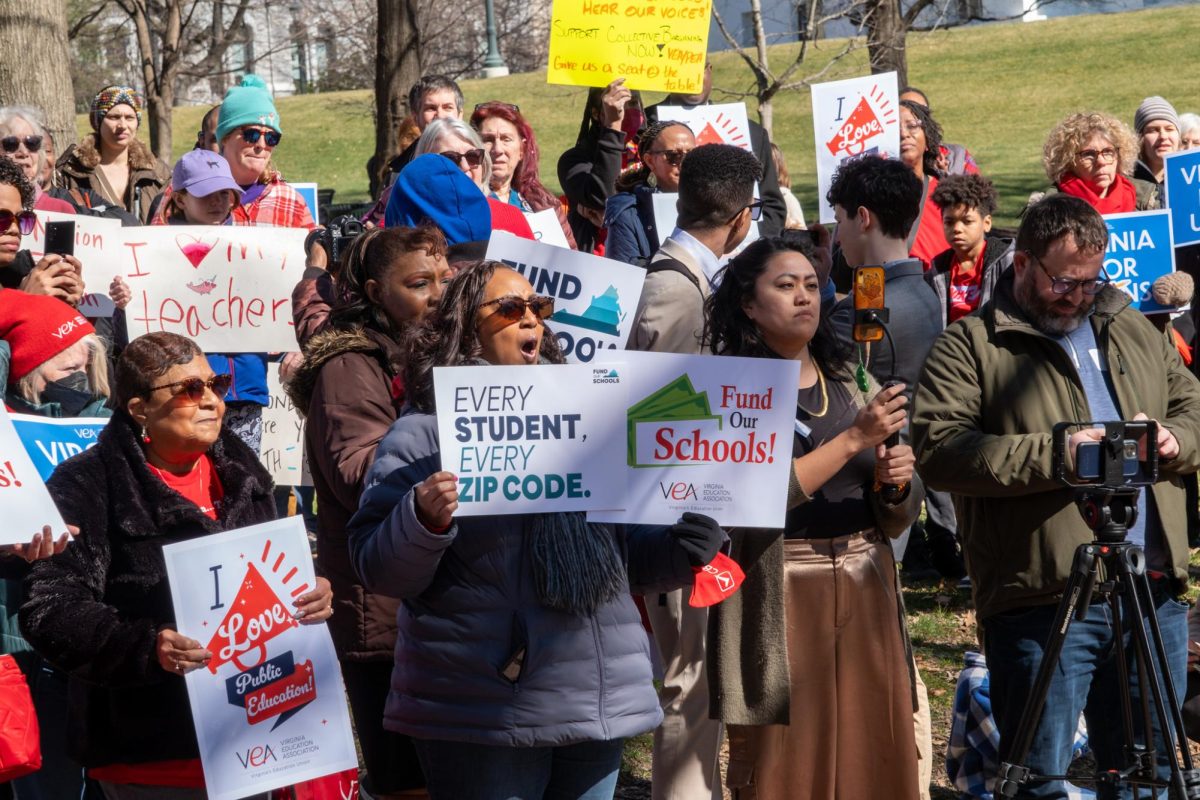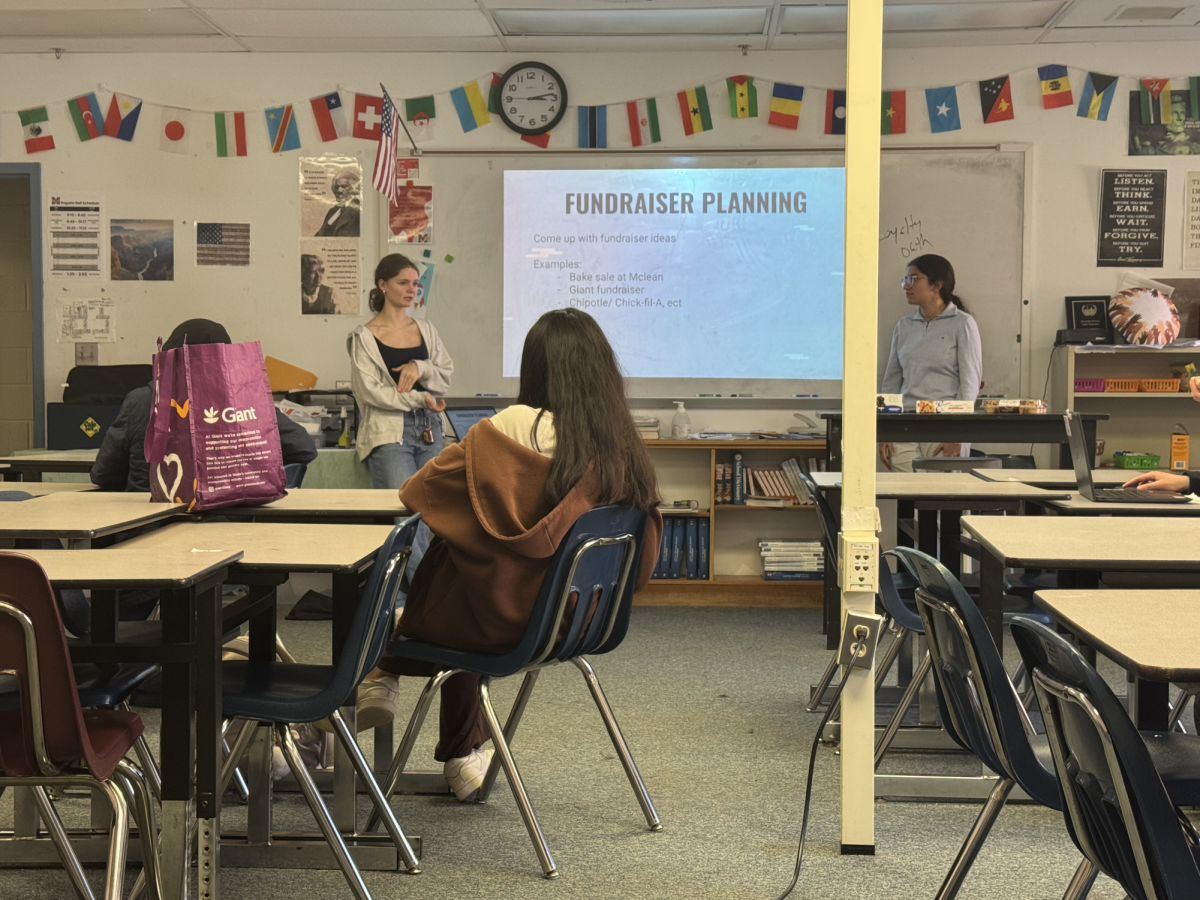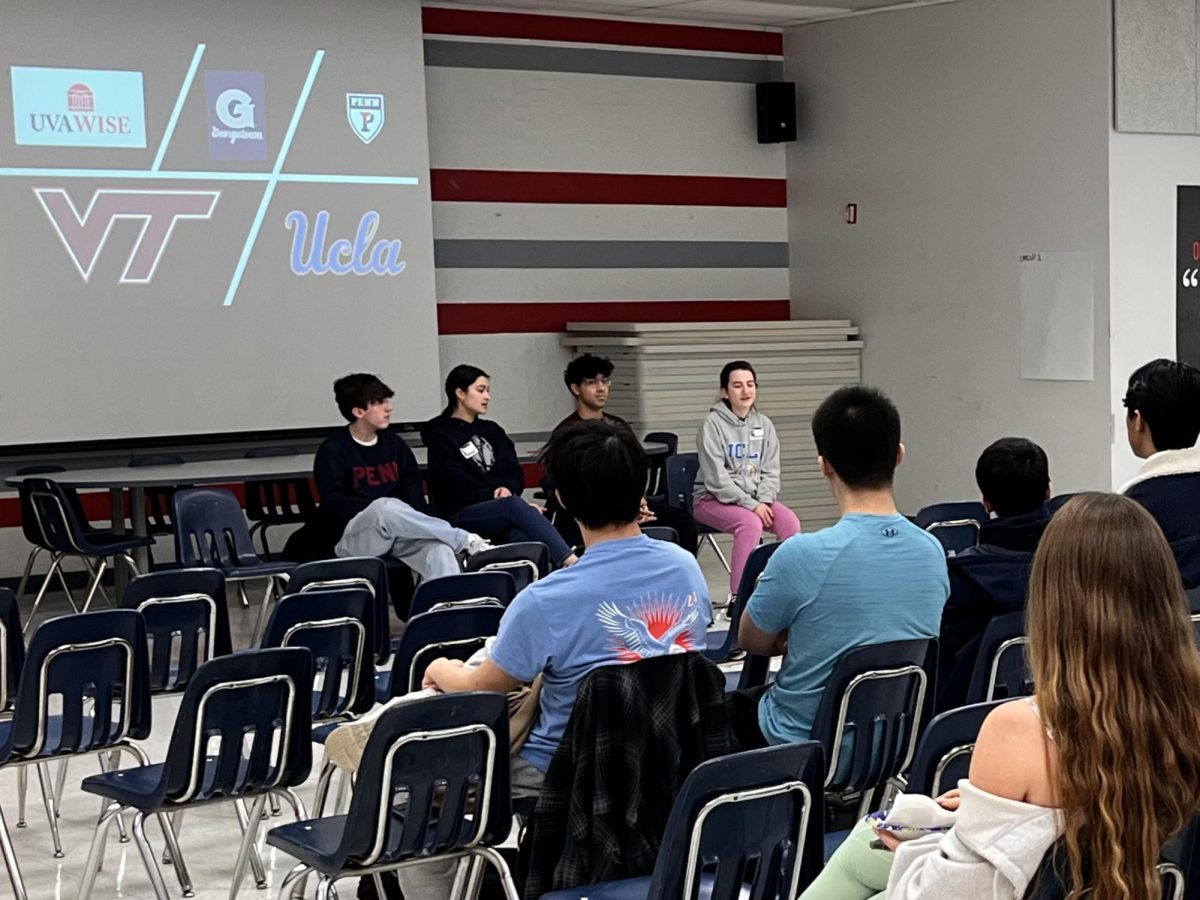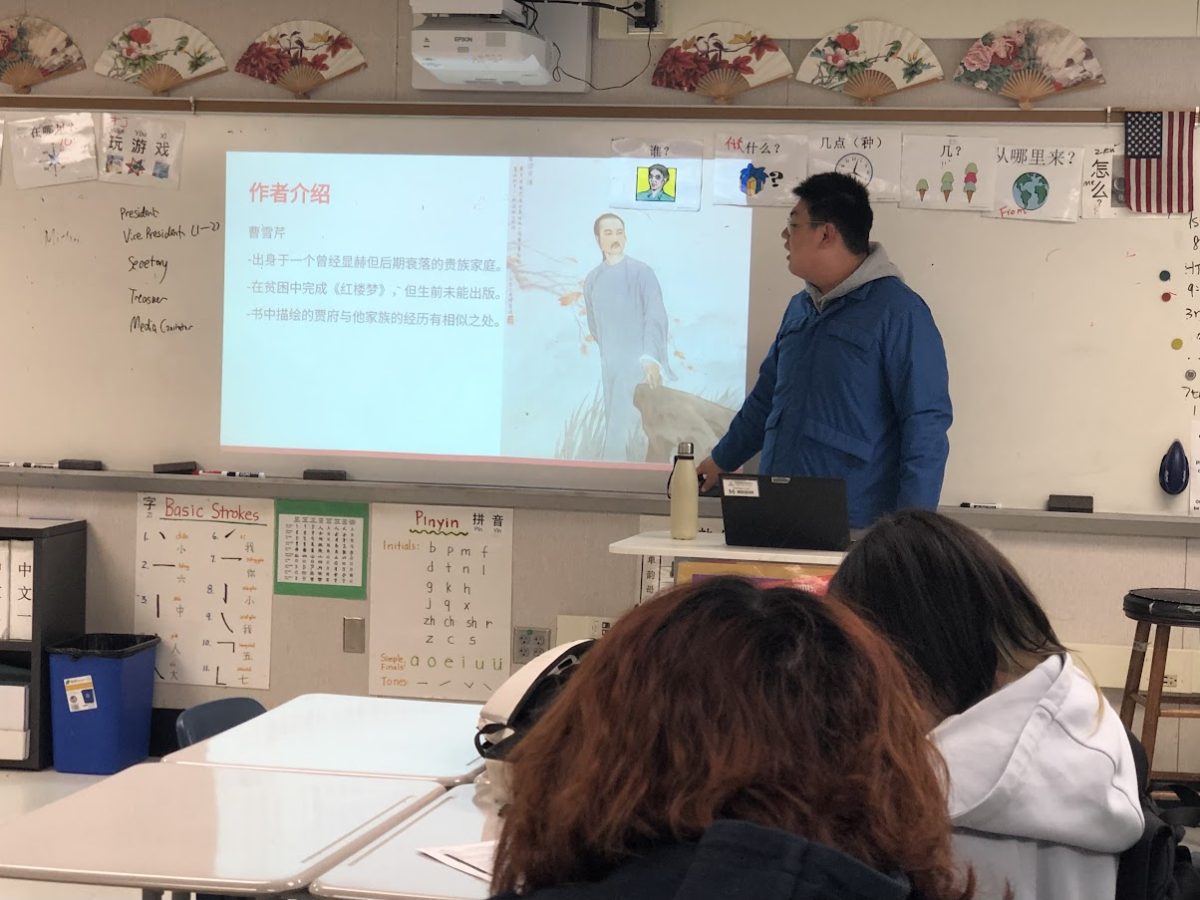Three years ago, a monumental bill came into effect legalizing collective bargaining—the process by which staff directly negotiates pay and benefits—for public sector employees in Virginia for the first time in decades.
In the months following the legalization, teachers’ unions across many counties in Virginia organized to push for collective bargaining resolutions. At the pressure of Fairfax County’s two most prominent teachers unions, the Fairfax County Federation of Teachers (FCFT) and Fairfax Education Association (FEA), the Fairfax County School Board approved its own resolution, laying the foundation for collective bargaining in coming years.
“It’s good to make sure that school systems are listening when we say, ‘we need this.’ Sometimes they don’t do that without a collective bargaining agreement,” biology teacher Andrew Diller said.
Since then, FEA and FCFT formed the Fairfax Education Union (FEU), a joint body that seeks to represent both unions as a unified front under exclusive representation to the school division. However, FEU can only negotiate contracts after school division elections.
“Before the elections, we have to get 30% of the instructional and operational unit to say that they want collective bargaining in FCPS,” FEA President Leslie Houston said.
FEU is working alongside attorney Lydia Martinez, the FCPS labor relations director, to efficiently complete this process. Upon completion, FEU will negotiate labor contracnts with FCPS under three bargaining units for different types of employees.
“What I hope is that people like the bus drivers, food service workers and the custodians receive life-changing contracts,” Houston said.
While Virginia has become more union-friendly in recent years, it is still considered a right-to-work state, meaning that all employees are not obligated to contribute to the cost of union representation, which can weaken unions’ stance. Despite those challenges, FEU is optimistic.
“Once collective bargaining goes through, I think we’ll no longer have a big issue with right-to-work. Once we have a contract, [all parties] will have to follow the contract,” Houston said.
Critics who have pushed back against collective bargaining argue that employee contract gains from negotiations would raise the county budget and cultivate a deficit. Union proponents downplay the pushback, believing that the positive result outweighs the costs.
“I too live in Fairfax County. I understand we don’t want our taxes to go up, but think about our future. These [students] who are in school right now being taught by teachers will one day take care of you,” Houston said. “Do we want the best teachers in front of them, or mediocre teachers?”
The current organizing efforts come amid a national resurgence of labor organization. Over the past five years, Hollywood has seen one of its largest strikes ever and Amazon and Starbucks workers have organized across the country.
“I spoke at one of the Starbucks rallies because right is right and wrong is wrong,” Houston said. “Everyone deserves to be respected, everyone deserves a living wage, everyone deserves to live where they work.”
While the current anticipated three bargaining units cover most FCPS employees, substitutes and most other part-time employees would remain unrepresented.
“Ideally, we’d be included in collective bargaining discussions,” long-term substitute Nicholas Beltran said. “I don’t see [substitute teachers] really getting that sort of benefit anytime soon.”
FEU hopes to gain power over time to ultimately support more FCPS employees.
“We’ll have a labor organization with the ability to move politics in Fairfax County, the ability to ensure that teacher’s working conditions are exactly where we expect them to be,” Houston said. “This is a big movement, not only in Fairfax County, but in the country.”
Ultimately, union leaders say that this issue comes down to supporting students.
“If you take care of the people taking care of the kids, the kids will be taken care of,” Houston said. “Education is the key to success.”









